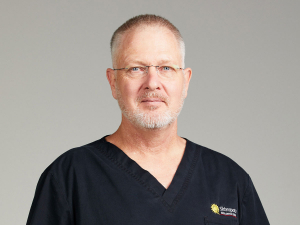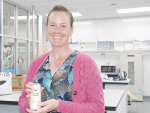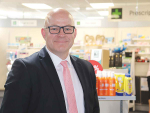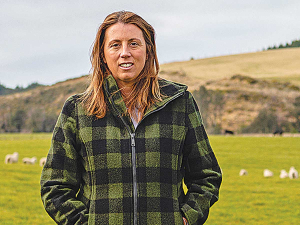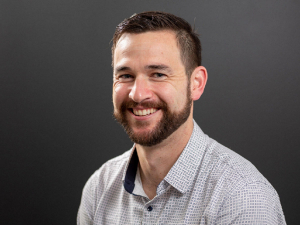A skin cancer initiative which could improve the diagnosis of melanoma by almost 50% and help reduce New Zealand’s high mortality rates in rural areas is set to be expanded nationwide.
According to the latest figures, New Zealand males living in rural areas have higher skin cancer mortality rates than those in urban centres.
New Zealand also has the world’s highest rate of death from skin cancer, with 2,700 new registrations annually and one Kiwi dying from it every day.
The initiative will help upskill hundreds of Kiwi GPs in the use of specialised diagnostic technology, which could improve early identification of the disease by almost a third.
Diagnosis of the disease can be difficult with New Zealand lacking a sufficient number of dermatologists and health care providers available to check suspicious skin lesions, particularly in rural areas.
Dermoscopy is a relatively new technique used for examining skin however a lack of training standards has meant there is significant variation in the treatment patient could receive.
The use of a dermoscope allows the lesion to be magnified and viewed under polarised light, helping to identify subtle changes in the mole.
Franz Strydom of the Skin Cancer College Australasia (SCCA) says the organisation has a training and accreditation programme to ensure there is a consistent standard for all health care providers using the technology.
“It’s important that we identify skin cancer early as it provides a significantly improved prognosis for the patient, and if caught in the initial stages, we have the ability to treat it with a minor surgical procedure, at a fraction of the cost of treating metastasized cancers,” Strydom says.
“We need to ensure there are more consistent standards across the health sector when using a dermatoscope so skin cancer patients have the best chance possible.”
Strydom says Kiwis living in rural areas are often disadvantaged as access to medical assistance can be limited.
“Patients will visit their GP for regular scripts and check ups, but a skin check should be a separate appointment, requiring more training on the part of the clinician and more time spent with the patient.”
He says, along with specialised training in use of the technology, health care providers taking part in the accreditation programme should have access to colleagues to assist them with diagnosis.
“Currently many health care providers attend a short course on skin cancer including basic training with a dermatoscope, but we know with proper training with the device there can be a 49% improvement in a doctor’s ability to diagnose a problematic lesion.”
Strydom says health care providers taking part in the accreditation programme will also have access to colleagues to assist them with diagnosis.
“Often doctors work in isolation, particularly those in rural areas. The Skin Cancer College programme has created multiple platforms where clinicians can confer with other experts and seek a second opinion on any suspicious lesions they may find.
“Identifying suspicious skin spots and moles is not always an exact science, but ensuring doctors have excellent qualifications and keeping their knowledge up-to-date improves patient outcomes,” he says.
He says hundreds of New Zealand general practitioner have taken part in the training.
“Increasing the number of GPs who are well trained in diagnosing skin cancer and supporting them with adequate government funding will encourage Kiwis to get their skin checked,” he says.
He says doctors who participate in the Accredited Skin Cancer Doctor programme must complete five exams and submit more than 50 clinical case studies for assessment.





